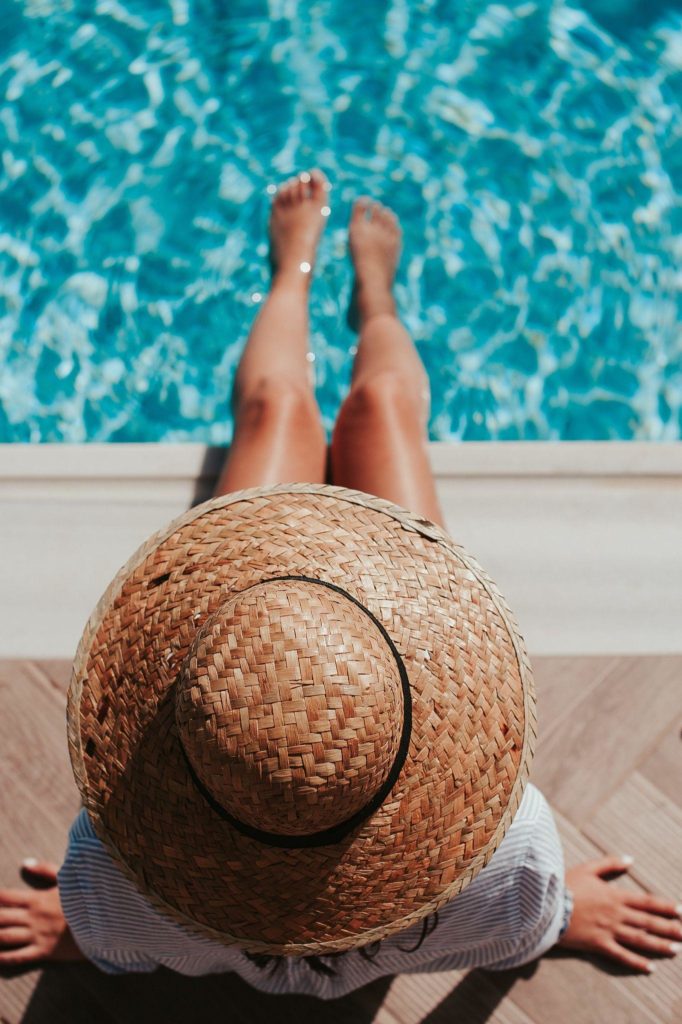You may be surprised to learn the effects that rapid weather changes can have on your varicose veins. Whether your venous symptoms change in the heat or cold, the explanation can be rationalized through weather impacts.
 How does heat affect varicose veins?
How does heat affect varicose veins?
Heat can have a negative effect on varicose veins, which explains why many patients have worsened symptoms in the summer months. Hot weather can make it harder for the valves in the veins to function properly, due to the extreme dilation that occurs in the lower extremities (as a result of the body aiming to cool itself) when it is hot. With this dilation, a higher volume of blood is in the veins, making it easier for blood to pool in the legs and consequently worsen varicose veins. Ultimately, this causes the veins to need to work harder to bring blood back to the heart and can cause issues for those suffering from varicose veins. Additionally, symptoms of venous disease such as heaviness, tiredness, and swelling are usually amplified when warmer weather is added to the mix. An immediate remedy to this issue is to try and stay cool when possible; however, as this is not a realistic or long-term solution, we recommend having a specialist examine your varicose veins to try and find a suitable treatment option to remedy your venous disease and the symptoms associated with it. Other ways to improve your varicose vein symptoms during warmer times are to exercise, stay hydrated, and use compression stockings. Unfortunately, this issue is not only prominent in the summertime, but also with any type of external heat source. In other words, saunas, jacuzzis, and even a hot bath may intensify your varicose vein symptoms.
How does the cold weather affect varicose veins?
Colder weather is able to alleviate some of the symptoms associated with varicose veins. When the weather gets cooler the veins get smaller, alleviating pressure and promoting circulation in the legs. Nonetheless, it is critical to realize that the alleviation of symptoms in the winter months does not mean that the varicose veins themselves have gone away. In fact, many individuals find it harder to make beneficial lifestyle decisions in the wintertime (such as regular exercise, and maintaining a balanced diet) and this can have a negative impact on your venous health. Therefore, it is important to maintain a healthy diet, stay active, and wear compression stockings regularly in the colder months.
Contact us!
At Canada Vein Clinics we specialize in the treatment of varicose veins. We offer numerous treatments for this condition and help to find the best treatment for you. Book a consultation to find out more information! Give us a call today at 1-888-876-8346, or email us at askdoctor@canadaveinclinics.ca.


